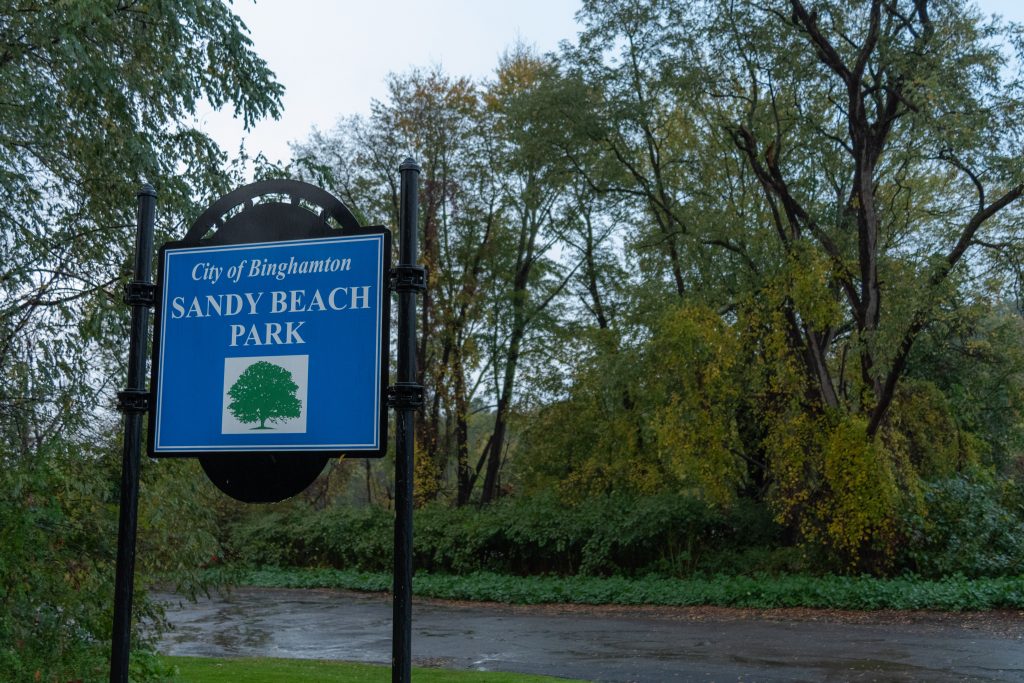In an effort to connect community members with the outdoors, Binghamton University students and the Binghamton Parks and Recreation Department have come together to develop a new educational nature trail.
Binghamton Mayor Richard David announced last week that the city is working on establishing Binghamton’s first educational nature trail at Sandy Beach Park. The trail will replace an old basketball court and softball field. The new trail will include beehives, gardens, bird and bat boxes and educational signage about trees and animals. Additionally, in celebration of National Public Lands Day and in appreciation of the team’s work on the new trail, Binghamton’s Parks and Recreation Department was given a $1,000 dollar grant from the National Environmental Education Foundation.
Camron Winzinger, a BU graduate student studying biology, is among those on the team spearheading the educational nature trail project. Winzinger wrote in an email about how they got involved in the creation of the trail.
“I applied to work for the city’s street tree team — but when I interviewed they asked if I would like to join in on the planning of a new trail,” Winzinger wrote. “Science communication and increasing accessibility to green space is something I’m super passionate about and wanted to cooperate with on the trail. The park was previously an underutilized softball field and basketball court, so we decided to convert it back into green space and create the city’s first educational nature trail in hopes of increasing access to these things for community members.”
The trail was created in an effort to give BU students and members of the local community access to green space. There are plenty of other similar future projects in the works, including a new wooded trail and a different access point to the Susquehanna River.
Leora Dallas, a sophomore majoring in computer science, expressed why she thinks this trail will benefit the Binghamton community.
“In this day and age, everyone is so preoccupied with technology that people almost never spend time enjoying the outdoors,” Dallas said. “This trail will give kids a chance to put away their phones and just be one with nature.”
According to Winzinger, the trail is the first of its kind for Binghamton and is the city’s first step to repurpose underutilized areas. As a field biologist on the project, Winzinger created educational signage, did species surveys and helped plan out an expansion for the trail.
“I’ve always been lucky enough to have my passions for ecology fostered by my family, and I will always be grateful for the opportunities they have given me,” Winzinger wrote. “It wasn’t until later in life that I realized not everyone is fortunate enough to have had those same privileges. It has definitely become one of my life goals to increase access to not only green space but also information that can help people’s interests, curiosities and passions grow — especially with kids.”
Since future plans for more green space are already underway, there are plenty of ways to get involved. Winzinger suggested joining clubs, organizations and researching new contacts who may be able to help out.
Simon Weintraub, a sophomore majoring in systems science and industrial engineering, expressed interest in getting involved in future related projects.
“After going on a hike during fall break, I am very excited to hear about this new addition to the Binghamton community,” Weintraub said. “I love appreciating nature, and I believe that everyone should have the opportunity to relax and enjoy the outdoors more often. I would love to help with future projects that entail learning about the wonderful natural community that we are so privileged to be surrounded by.”



